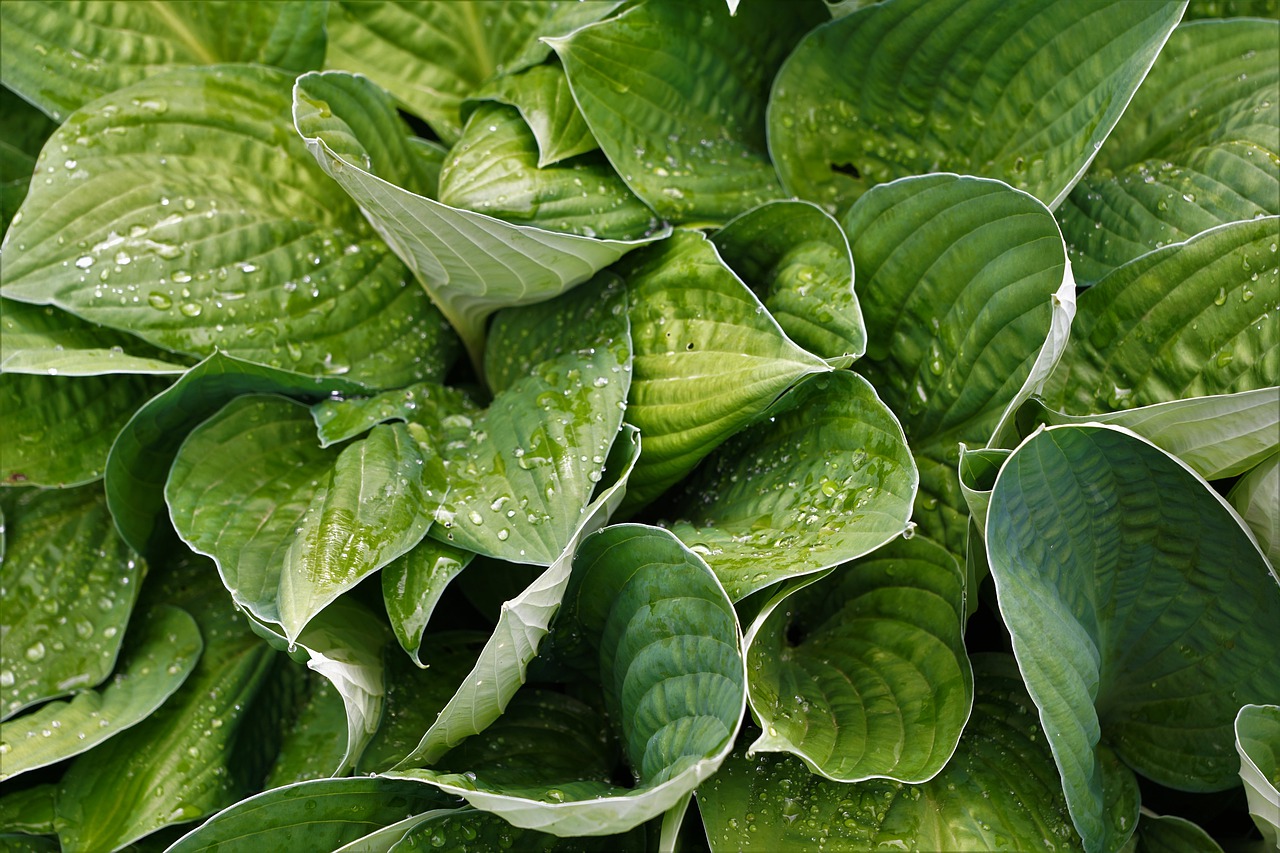Essence of Greenfield
As simple as constipation sounds, coupled with how familiar we can be with it, quite a number of us still don’t know its causes and possible consequences in our body. The highest many know is that it is caused by indigestion, but now let’s dig more.
What is Constipation?
Constipation is a digestive condition when you have less frequent bowel movements than normal. Different people have different lengths of time between their bowel movements, but everyone should not have it below three times a week, else, the stool becomes dry, hard and difficult to pass.
What is a Normal Bowel Movement?
- You shouldn’t have to strain. Your poop should come out easily. Straining while trying to get your poop out is a sign of constipation.
- It should be in one solid piece and shaped similarly to a hotdog.
- It should sink. If it floats, the fats in your diet are not being digested properly.
- It should have a natural brownish colour.
- It shouldn’t be excessively foul-smelling.
What are the major causes of constipation?
There are quite a number of things that can cause constipation, but the basic ones are hinged on something in particular: Lifestyle and Diet.
1. A change in your routine
This is a major cause of constipation many people aren’t even aware of. As you read, I’m sure you’ll start nodding your head in wondrous affirmation. Has it ever happened that you woke up with a disturbing stomach and the last thing you can remember is that you ate later than your normal because you were up till the early hours of the morning? That’s a drive for constipation.
Constipation often happens when you do something you normally don’t do, eat what you normally don’t eat or do something at a time you normally don’t do it, especially eating. If you’re the type of person that usually doesn’t eat too regularly or too much, your body tends to make a reaction when you do.
What to do: Know yourself and know what works for you. Be careful eating what and when you aren’t used to. When going on long trips, ensure you stay hydrated and eat healthily.
2. Not drinking enough water
Constipation has to do with dehydration in the colon, so water helps a lot and aids digestion. It keeps the things in your digestive tract in motion and increases your trip to the toilet, so when you don’t drink water and other fluids regularly, you’re prone to a stomach that’s ‘boxed-up’ – not visiting the toilet, your stool becomes hard and difficult to pass.
What to do: Drink water regularly. Water is withdrawn from the large intestine to hydrate the body. When there is too little water available, the stool becomes dry, hard and difficult to move through the colon. It is medically advised that you drink at least 8 glasses of water every day.
3. Lack of foods high in fibre
Foods like fruits and vegetables keep stool soft and add bulk to it, leaving you with no choice but to visit the toilet.
However, you need to know there are two types of fibre, soluble and insoluble and they work differently. While both are important for maintaining normal bowel movements, soluble fibre absorbs and binds to toxins and cholesterol so they can be excreted when you use the toilet. It also keeps your stool soft because it absorbs water. Insoluble fibre adds bulk to stool and also acts like a broom, helping to sweep things out of the intestines.
Examples of high-fibre foods include:
- 1/2 cup navy beans: 9.5 grams
- 1 small pear: 4.4 grams
- 1/4 cup dates: 3.6 grams
- 1 medium apple: 3.3 grams
What to do: Eat more fibre. Fibre makes stool bulkier and softer so it’s easier to pass. Gradually increase the amount of fibre in your diet until you’re getting at least 20 to 35 grams of fibre daily. Good sources include vegetables and fresh or dried fruits.
Additionally, watch your carbohydrates. Certain carbohydrates cause digestive problems, including constipation. Their names are abbreviated “FODMAPs”, fermentable oligosaccharides, disaccharides, monosaccharides and polyols, which are short-chain carbohydrates (sugars) that the small intestine absorbs poorly. Foods that contain them include dairy, apples, broccoli, wheat, and lentils. Try cutting these foods from your diet, but you have to be sure you’re doing it carefully.
4. Eating a lot of dairy products
Foods like red meat cause constipation, because it is high in fat so it takes longer to digest, and has tough protein fibres that can be difficult to digest. Milk, cheese, yoghurt and ice cream can also cause constipation. Their lactose content can cause increased gas and bloat.
What to do: Consume less processed foods like pastries, cheese and other fried foods.
5. Lack of physical activity
When you don’t engage in any form of physical activity, even the simplest which is walking, the muscles in your intestines do not have a chance for contractions that help stools to move out quicker.
What to do: Exercise helps to ease constipation, because it is important for regular bowel movements. It reduces the time it takes food to move through the large intestine.
6. Stress
Stress plays a big role in constipation. Although stress is unavoidable in day to day living, when it is excessive, it can lead to problems with diarrhoea and constipation as well as nausea and vomiting.
What to do: Reduce your stress. Relax and take things easy on yourself. It helps digestion a whole lot!
7. Using laxatives too much
Laxatives might help constipation, but relying on them will most likely make your bowels depend on them to function. When you use them for a long time, it can actually make your constipation worse.
What to do: Cut back on laxatives. Think before you reach for a laxative. First, try drinking water, adding more fibre to your diet, and exercising. If those don’t work, talk to your doctor. They may suggest trying a laxative for a little while if lifestyle changes aren’t helping. This also may be a sign of a more serious issue which the doctor will evaluate.
Symptoms of constipation
- Fewer than three bowel movements a week.
- Stools are dry, hard and/or lumpy.
- Stools are difficult or painful to pass.
- Stomach ache or cramps.
- Feeling bloated and nauseous.
- A feeling that you haven’t completely emptied your bowels after a movement.
How common is constipation?
Constipation is quite normal and so everyone has them at one point or the other. For instance, it is one of the most frequent gastrointestinal complaints in the United States with at least 2.5 million people seeing their doctor each year due to constipation. However, as normal as constipation can be, it is also very preventable. People who have learnt to master their diet and lifestyle will rarely have constipation issues.
Though people of all ages can have an occasional constipation complaint, there are certain people and situations that are more likely to lead to consistent constipation, which can be otherwise called, “chronic constipation”. These include:
Older People – Older people tend to be less active, have a slower metabolism and less muscle contraction strength along their digestive tract than when they were you.
Pregnant Women – Changes in a woman’s hormones due to pregnancy and childbirth makes them more prone to constipation. The baby inside the womb squishes the intestines, slowing down the passage of stool.
Taking Certain Medications – Medications like strong pain medicines, the narcotics containing codeine, oxycodone (OxyContin®) and hydromorphone (Dilaudid®). Nonsteroidal anti-inflammatory drugs, like ibuprofen (Advil®, Motrin®) and naproxen (Aleve®). Antidepressants, including the selective serotonin reuptake inhibitors (like fluoxetine [Prozac®]) or tricyclic antidepressants (like amitriptyline [Elavil®]).
Health Conditions – Having certain neurological diseases like spinal cord injury, lazy bowel syndrome and other digestive disorders.
When constipation becomes chronic and needs a doctor’s attention
You should pay extra attention to your constipation when you begin to have:
- Stomach pain
- Blood in your stools
- Unexplained weight loss
- Inability to have a bowel movement
Possible consequences of constipation
Though constipation hardly causes other health problems, many people do not know that constipation can lead to other health complications especially for people who experience long-term constipation.
Haemorrhoid (Pile)
Straining while trying to pass your poop can cause a pile. These are swellings that contain enlarged blood vessels that are found inside or around the bottom (rectum or anus).
It is characterized by:
- A lump hanging down outside the anus which may be pushed back inside a stool.
- They can be painful and make someone feel very uncomfortable.
- They are associated with a mucus discharge passing after a stool.
- Soreness or redness around the anus.
It can be treated with creams and ointments to reduce itching and discomfort. If it persists, see your doctor.
Faecal Impaction
Long-term constipation can increase the risk of faecal infection where dried and hard stools are collected in your rectum and anus, as the path is obstructed. It is characterized by:
- A loss of sensation in and around your anus
- Bleeding from your anus
- Swelling of the rectum
Summary
Constipation is basically lesser bowel movements. It is majorly caused by inconsistencies and/or carelessness in diet and lifestyle. These include; not drinking water well, a change in eating time or regularity, eating foods high in fibre, stress and lack of physical activity.
In the same light, constipation can be treated when you engage in the aforementioned positively – drinking water regularly, knowing how your body works, eating more fruits and veggies instead of food rich in fibre, reducing your stress and engaging in physical activities like strolling and walking
Socials
Check out this awesome deal!
You May Also Like…
- Relax as well as Take A Break: Discover the Best Massage Chairs for Ultimate Comfort
- 7 Greatest Handheld Massagers Critiques & Guide 2022
- Soothe Your Aching Feet: Experience the Magic of the Best Foot as well as Calf Bone Massagers
- Foot as well as Calf Bone Bliss: Check Out best Massagers for Complete Leisure
- Foot as well as Calf Therapy in the house: Discover the Leading Massagers for Complete Convenience
Sign Up for our free good health newsletter
By subscribing, you agree to the Terms of Use and Privacy Policy.
Want To Talk?
Are you experiencing any health/medical challenges and would like to talk with someone? Click the button below to chat directly with our senior consultant.
Categories
- General Health (9)
- Health (6)
- Health & Fitness, Beauty (14)
- Health & Fitness, Depression (12)
- Health & Fitness, Medicine (13)
- Men's Health (6)
- Uncategorized (1)
- Women's Health (6)
- Строительство (3)

